A Young Adult romance between two teenagers dying of cancer, John Green’s The Fault in our Stars has received much critical acclaim as well as much criticism in general. Not a huge romance reader, I picked up someone else’s copy of the book and prepared to scoff. I even started skim reading at chapter 2 because I was so sure it wasn’t going to be any good that I didn’t care. I wasn’t going to finish it anyway.
Several hours and much crying on my bedroom floor later, I flipped back from the last page and finally read chapter 1. Needless to say, books are best read in the order published.
Here’s my two cents worth.
This is not the fault
I’ve read many complaints that The Fault in our Stars isn’t very accurate. I’ve trawled through online forums full of people complaining that their experiences with cancer were profoundly different. With respect and sadness, I don’t think that’s a flaw in this book. After all, the devastating thing is that there are a myriad of cancer stories, and each will be (and are) different. Hazel and Gus are not supposed to represent all cancer sufferers. No one story can hope to do that. It is merely a fictional account of two fictional people. It is what it is.
Books are written for readers, yes – but not every book is written directly for every individual. If The Fault in our Stars delivers a different story to your own, or a different worldview, perhaps this is good. Fiction that broadens and challenges our own perspective (while painful at times) is, I think, helpful. Yet I understand it is disappointing when such a popular story is profoundly different to your own. Because some readers will put down their paperback having drawn the conclusion that it is an accurate portrayal of what cancer is for everyone. That is simply not true.
These are some faults
I don’t disagree with the story of The Fault in our Stars. If we accept the fact that:
Yes, it is a romance
Yes, it is written for teenagers about teenagers
Yes, it is written from a secular word view
I find it an enjoyable read; thoughtful and provoking. I do, however, somewhat disagree (or at least feel the need to comment on) some of its assumptions and proposals.
You can have joy without pain

Or so says Hazel, the narrator. In essence, I agree with her. After all, broccoli doesn’t create chocolate and pain doesn’t create joy. We don’t need pain to exist for joy to be a reality. Joy is its own entity. It can stand on its own two feet, so to speak. Joy is joy.
Joy & pain cannot be separated
Nevertheless, unlike broccoli and chocolate, pain and joy are intertwined. In this world we all feel pain, we all feel joy. Sometimes they’re not distinguishable; other times we may feel them simultaneously.
Joy & pain are not a choice
Similarly, while eating broccoli or chocolate is a choice, pain and joy are not. You might want to argue that joy is a decision or an attitude. Perhaps sometimes it is. But this quote is not talking about that sort of joy. It is discussing a Joy that is the exact opposite of pain – and pain is not a choice.
Pain can make joy seem sweeter
This quote also does not acknowledge that much pain can make joy feel sweeter when it arrives. The taste of broccoli does not (normally) affect our taste of chocolate – but pain does affect our experience of joy. The taste of broccoli may not affect the taste of chocolate in itself, but eating a diet exclusively of one or the other will affect us.
Conclusion
We don’t need pain to appreciate joy, since the nature of joy is that it must by itself cause us to be joyful (otherwise it would be something else). Nevertheless the perception of joy is subjective, and we can appreciate it more when we have been deprived of it. That said, in this world we never experience a diet exclusively of either joy or pain, and so we must experience them both.

I disagree. When we pray there are three entities which we can address:
1) A deity we believe in – whether or not this is effective depends on whether the deity is real, and the scope of their power and benevolence.
2) Ourselves – this may be effective, although only so much as we can help ourselves.
3) Nothing, or rather, an abstract idea – this, I believe, is (by the nature of the thing) ineffective (it may have some limited value in calming our emotions, but then I suggest we are actually praying to ourselves)

I agree. Very much so.
I also submit that prolonged grief does change someone. They do change into someone else… a grief-affected version of themselves peculiar to this particular set of circumstances. Yet it is true, that this version depends on who they were before the grief and who they are during it.

Almost true, sadly.
I propose the whole truth is even grimmer. In freedom every single person finds sin. None of us will choose to be selfless when we have the freedom (from morals, expectations, relationships, effects and causes) to be otherwise.

Green’s book also portrays death truthfully in this sense. I value that Augustus dies in the middle of the night, at a lonesome hour, not surrounded by family and friends, not given the ability to say meaningful last words. Because how many people are granted such an honour?
At the same time, our lives are not accidents. They end at the right time, at a specific, pre-planned, predestined time. The middle of something can also be the end, depending on whose perspective you have.
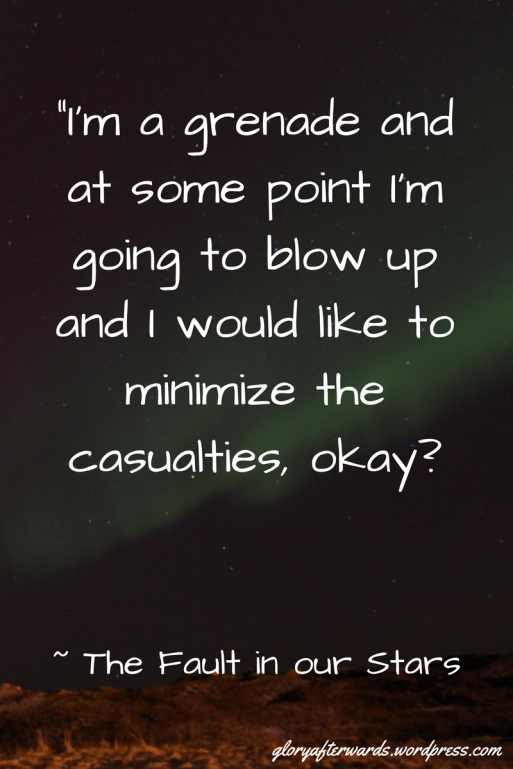
True. And yet, how many of us can act upon it? We desire human contact, we need relationships. Forgoing them turns us into a different person – one that will break the hearts of the family members we are trying to protect by enforcing distance.
Also, there’s something inherently presumptuous about this belief. After all, why do we have the right to choose whether other people are affected by us or not? How can we say whether our death or suffering will impact them in good or bad ways? Are we qualified to make that decision for them? Green touches on this when Augustus tells Hazel that it will be an honour to be broken by her.
Are casualties by choice really causalities?
Truths I wish were faults
“Pain demands to be felt” – you can’t ignore it, can’t psyche yourself out of it altogether. Pain is pain.
Everyone is affected by the death of someone, and even more so by the long process dying often takes.
People do romanticise the dead. And it’s horrible and it’s natural and it’s understandable and it’s disgusting.
When the dead are gone, often nothing makes it better. No ghostly touches, no life epiphanies.
Augustus fears not making his mark on the world. Don’t we all?
The verdict?
You can’t go too wrong with a book that both quotes and criticises Shakespeare before the story even begins.
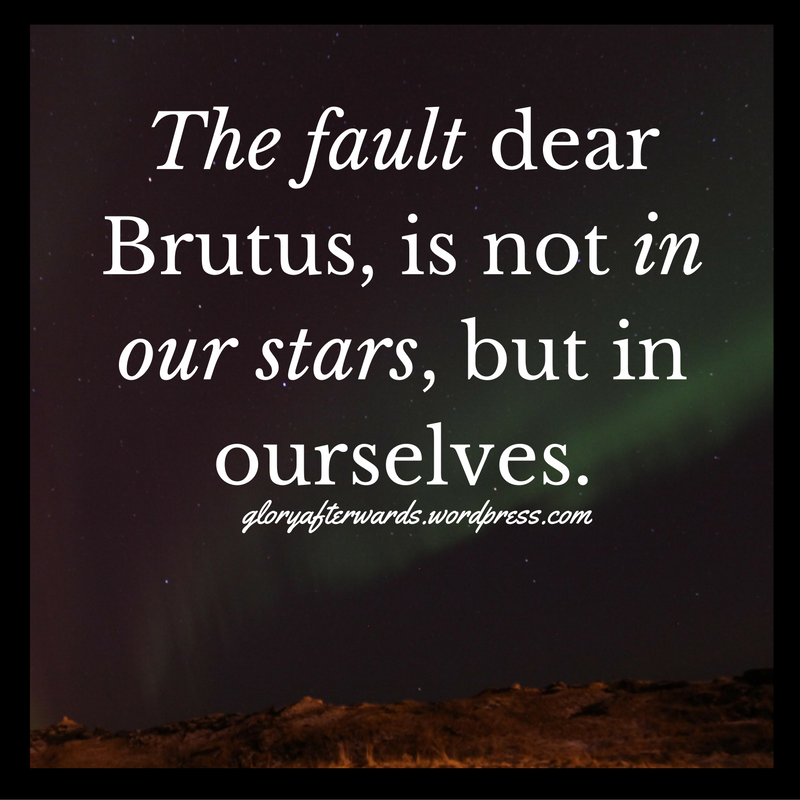


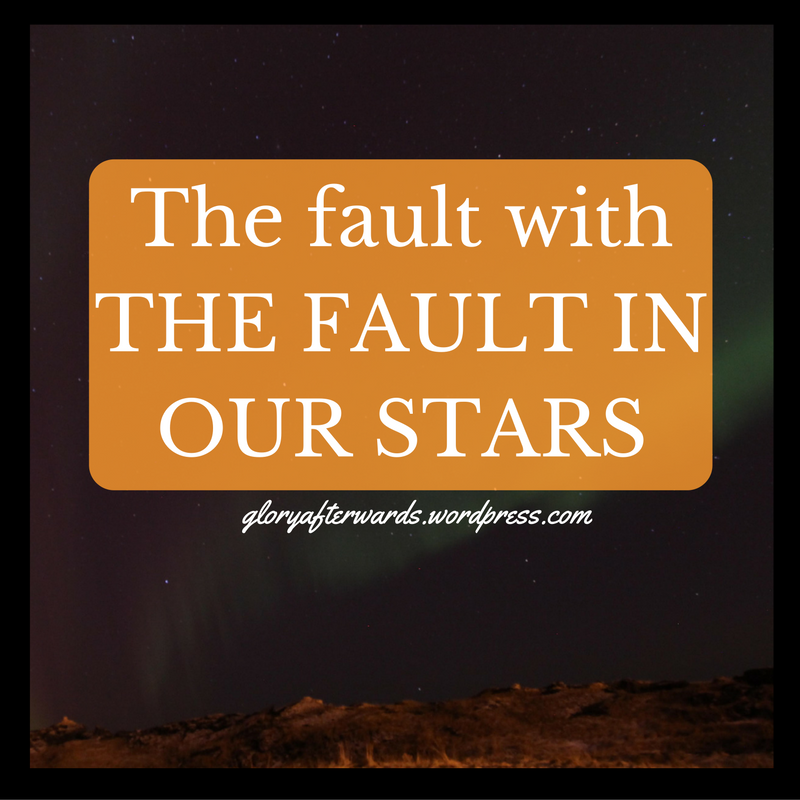

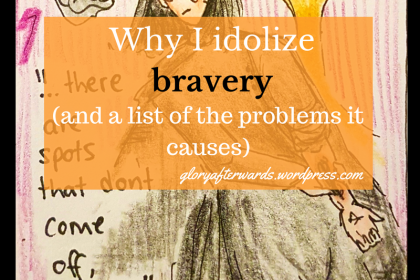
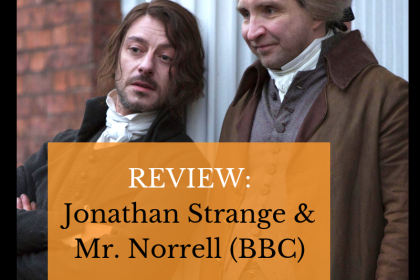

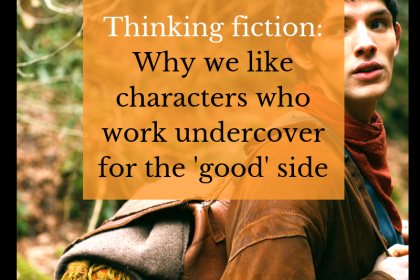
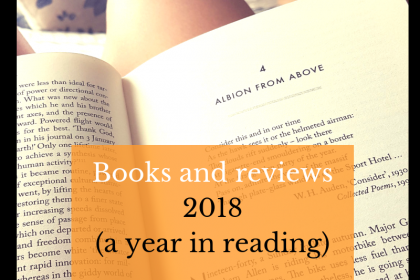
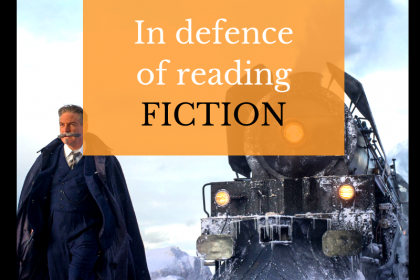
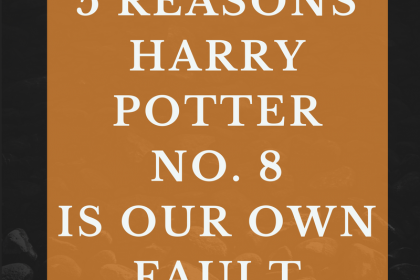
[…] “Pain demands to be felt.” – The Fault in our Stars, John Green […]
[…] John Green touches on this in The Fault in Our Stars, with Hazel and Gus’ sarcastic rejoinder: […]